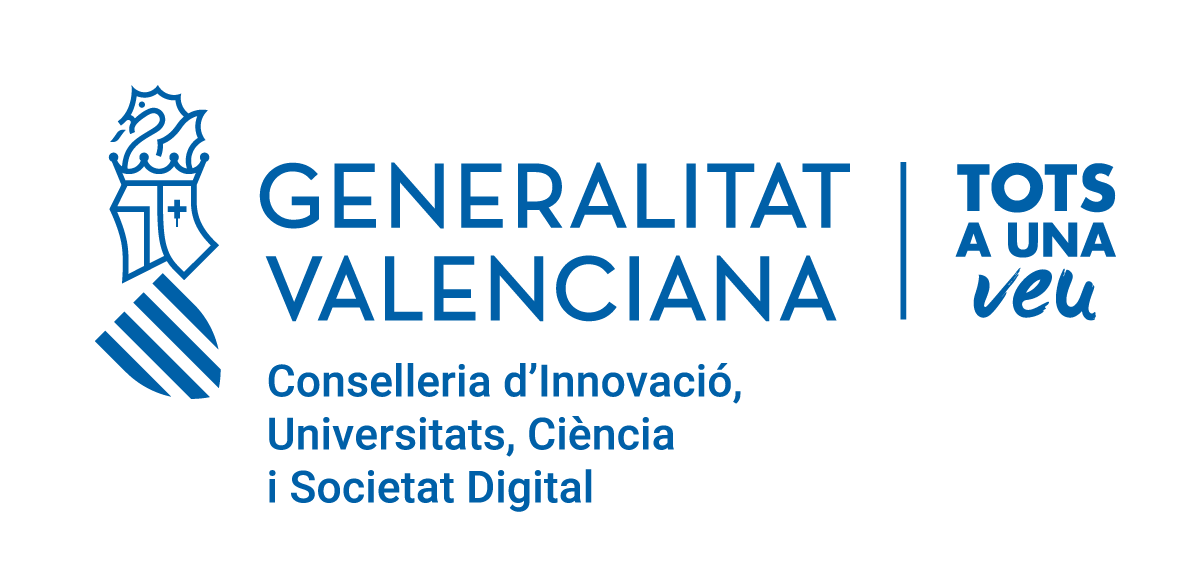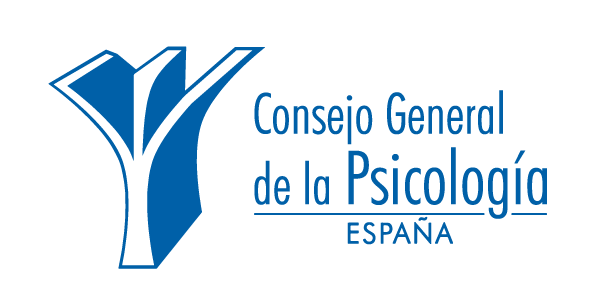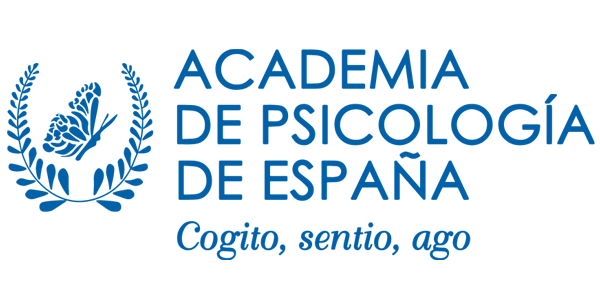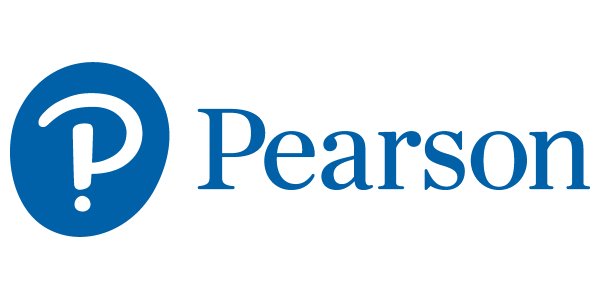Prevention of intimate partner violence: bases for the development of healthy relationships in adolescence and youth
Intimate partner violence is one of the most frequent forms of violence. Sometimes, this phenomenon begins to occur in adolescence and young adulthood and continues into adulthood.
There are different risk factors for the development of this type of violent behavior. Among them, gender stereotypes and young people’s own attitudes towards intimate partner violence, given that, on occasions, the repercussion and impact on the people affected are minimized.
The aim of this symposium is to identify the factors associated with intimate partner violence both from the perspective of prevention, detecting factors that promote healthy functioning, and from the perspective of intervention, exploring attitudes, beliefs, and risk profiles for the development of violent behaviors.
Firstly, the role of interpersonal emotional regulation as a factor at the basis of good couple adjustment is addressed through the study of dyads. The perception of good couple adjustment is related to greater well-being and a healthy relationship.
Secondly, attitudes towards intimate partner violence as a possible risk factor are addressed. An instrument to assess them in an adolescent population is presented.
The third paper discusses the role played in adolescence by gender stereotypes and values that may favor the development of violent behavior in couples.
The symposium closes with a synthesis of the profiles of adolescents, both those who suffer and those who carry out violent behaviors, in order to guide the development of programs, both prevention and intervention, in this specific type of violence.

Inmaculada Montoya
University of Valencia. Spain
Inmaculada Montoya Castilla is Professor in the Department of Personality, Assessment, and Psychological Treatments at the University of Valencia. She is a Gestalt Psychotherapist and is qualified as a General Health Psychologist. She is currently Director of the Master’s Degree in “Psychotherapy and Clinical Psychology: current intervention strategies”, at the University of Valencia. She teaches in Psychology degree and in different official and own masters. She is PI of the research group Educating in Emotions in Childhood and Adolescence (EMINA group); secretary of the Scientific Society for the Advancement of Clinical Psychology and Child and Adolescent Health (Red Infancia); and member of the Network of Universities for Childhood and Adolescence (RUIA).
In the educational area, her research focuses on emotional competencies, childhood, adolescence, family, and teachers. She participates as principal investigator, and as a member of the research team, in different projects financed by public and private entities. In these, she has made several publications on parenting styles and health in childhood, parent training for conflict resolution, emotional competences in childhood, and emotional development in adolescence. As a result, she is co-author of the PREDEMA Program. Emotional education program for adolescents. From emotion to meaning (2016) and the MADEMO Program. Manual de educación emocional para docentes (2021), both books published by Pirámide publishing house. She is currently the principal investigator of an R+D+I Project, “Intervention through intelligent technological platform for Socioemotional development and promotion of well-being: validation and implementation of a serious game”, funded by the Ministry of Science and Innovation (PID2020-114425RB-C21).
In the health area, she researches the psychological repercussions of chronic disease in pediatric patients and their families, specifically in type I diabetes mellitus and respiratory disease.
All this research has resulted in several articles in national and international scientific journals, teaching-oriented books, as well as books and chapters on research results and contributions to national and international conferences.
Organiza


Patrocina

Con el apoyo de


![8CIPCNA-adaptaciones-[Recuperado]](https://www.aitanacongress.com/2022/wp-content/uploads/8CIPCNA-adaptaciones-Recuperado.png)


